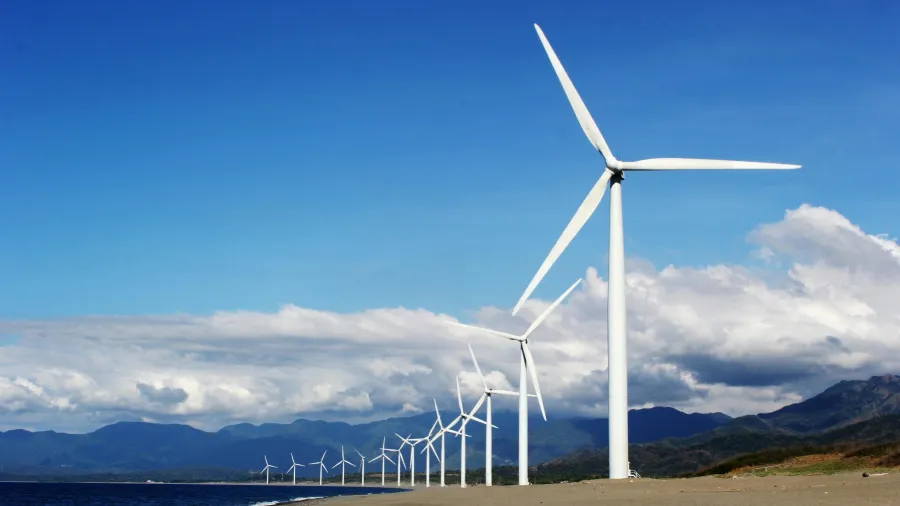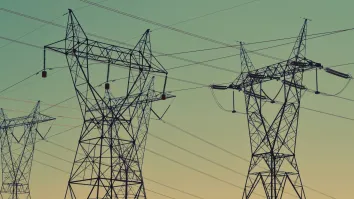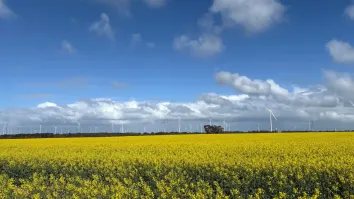
Philippines implements new guidelines to accelerate renewable energy projects
It will streamline administrative processes, reduce delays, and enhance accountability amongst developers.
The Philippines’ Department of Energy (DOE) has introduced new monitoring protocols and guidelines aimed at accelerating the development of renewable energy projects.
These updates will streamline administrative processes, reduce delays, and enhance accountability amongst developers.
“If any contracts are deemed non-performing, we will open them up to new developers who can effectively bring these projects into fruition.” said Energy Undersecretary Rowena Cristina Guevara. “This strategy not only accelerates the development timeline but also strengthens investor confidence in the country’s renewable energy goals.”
In June, the DOE released revised omnibus guidelines for awarding and managing renewable energy contracts. These help identify non-serious developers, allowing legitimate developers to advance projects more effectively.
Currently, 105 renewable energy projects are facing termination due to non-compliance with timelines, with most contracts awarded in 2017 and 2019. The primary causes for delays include issues with securing possessory rights and challenges with system impact studies (SIS). Of the stalled projects, 88 are significantly delayed, comprising 53 solar, 17 hydropower, 10 wind, 5 geothermal, and 3 biomass projects.
To combat delays, the department is implementing a contract termination process. Developers of solar energy contracts must complete the pre-development phase within two years. Failure to submit a declaration of completion or demonstrate reasonable efforts will result in a show-cause order, with potential termination recommendations to the Secretary of Energy if reasons for delays are deemed insufficient.
The revised guidelines also require developers to obtain a certificate of authority (COA) before signing contracts. This COA allows developers to secure permits and conduct essential surveys ahead of the official project start, enhancing preparedness and efficiency.
Additionally, the guidelines simplify the process for obtaining incentives. Developers can now receive a certificate of registration (COR) after confirming project viability, and for biomass and solar projects, the COR can be obtained upon financing closure.
The DOE is also enhancing its Energy Virtual One-Stop Shop (EVOSS) System to streamline permitting processes, aiming to reduce bureaucratic hurdles.

















 Advertise
Advertise




